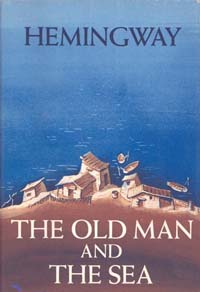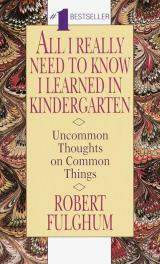A little while ago I read The Alchemist by Paulo Coelho. And I loved it. The story not only resonated with me, but it also caused me to reflect on my own life and my own Personal Legend (more about that to come).
The story itself is quite simple: Santiago, a young shepherd in Andalusia, has a recurring dream about a treasure at the base of the Pyramids. He ultimately decides to make the journey to Egypt to find the treasure. On his way, he encounters people from different walks of life and learns about the world.
Perhaps the beauty of the book lies in its simplicity. In just a few words, Coelho is able to convey universal truths about life that are applicable to anyone at any point in his or her own journey.
Some of my favorite moments:
At one point, Santiago loses all he has to a thief. He has given up everything to travel to a strange land, and now he is alone and possesses nothing. He realizes he has two ways to look at the situation: he is either the poor victim of a thief or he is an adventurer on a quest for treasure. He decides, “I’m an adventurer, looking for treasure.” In such a simple way, Coelho shows us that we too can decide whether we are victims of life’s trials or whether we are adventurers on a quest to fulfill our Personal Legend.
Along the same lines, there comes a point where Coelho writes, “When each day is the same as the next, it’s because people fail to recognize the good things that happen in their lives every day that the sun rises.” It’s something that I don’t often think about, but now that I do, I realize how much truth the statement holds. There have been so many times when each day seems to blend into the next. I have a set routine: go to class, do homework, take exams, eat, sleep, repeat. And I forget to acknowledge good things that happen to me – because indeed, every day is like an adventure, and every day is full of good things, full of new and exciting possibilities. It’s all about how we look at it.
And, above all: the Personal Legend. Coelho uses this term to mean one’s destiny or purpose in life. The entire story revolves around the fact that everyone, every living thing, has a Personal Legend. A life’s calling. And we know what this calling is from a young age, but few of us pursue it. According to Coelho, the world’s biggest lie is that at some point in our lives we lose control and no longer have the ability to fulfill our Personal Legend. This is what we believe, but it’s not true. In fact, “people are capable, at any time in their lives, of doing what they dream of.” In other words, it’s never too late to start doing something you’ve always wanted to do.
I don’t want this post to become too long, so I’ll stop now (although there are really so many other moments and life lessons that struck me as incredibly thought-provoking and inspiring). I highly recommend reading The Alchemist if you haven’t already (or reread it if you have!). It’s a short read but contains so many universal truths.


 I won’t lie – I stayed up until 2 AM to finish this book. It was beautiful. Everything about it was beautiful, but what stuck out to me most was the author’s voice.
I won’t lie – I stayed up until 2 AM to finish this book. It was beautiful. Everything about it was beautiful, but what stuck out to me most was the author’s voice.

 First off, let’s pretend that it has only been two days since my last post. All right. Now that that has been established, let’s continue.
First off, let’s pretend that it has only been two days since my last post. All right. Now that that has been established, let’s continue.